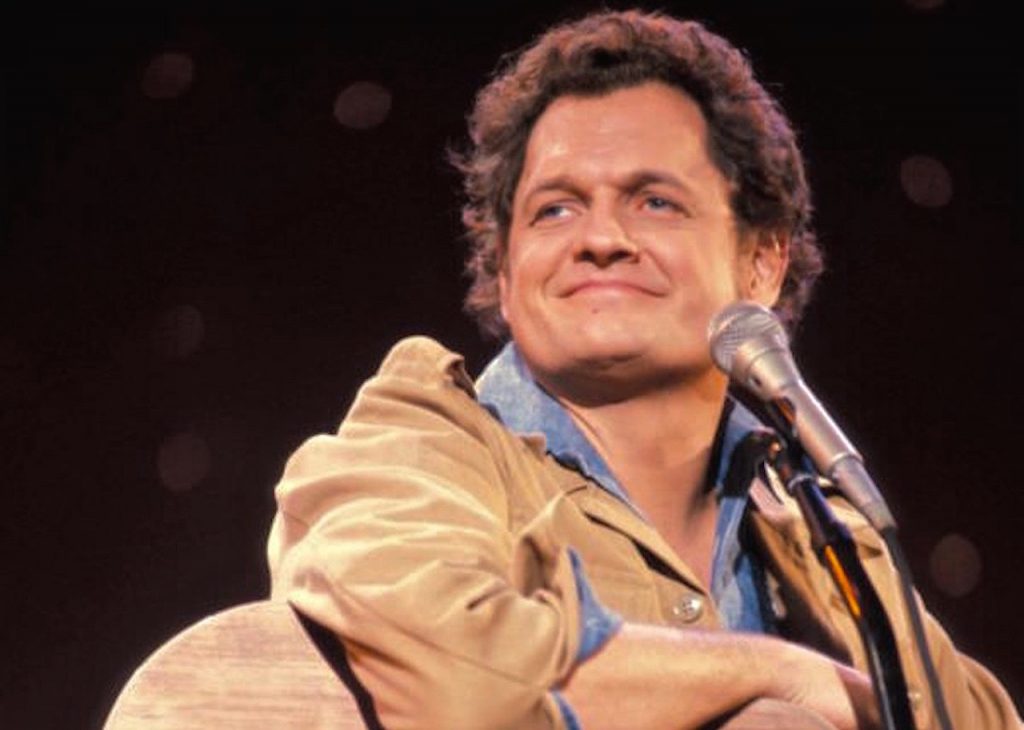
“Frankly, this song scares me to death.”
That’s what the late folk rocker Harry Chapin said about Cat’s in the Cradle (1974), his only song that ever went to No. 1 on the charts.
The song tells a multi-generational story of a father who is too busy to spend time with his son, only to discover later in life that his son has become too busy to spend time with him.
Chapin, who worked relentlessly to pursue fame as an artist, realized that the lyrics mirrored his relationship with his own son Josh.
My child arrived just the other day, he came to the world in the usual way
But there were planes to catch, and bills to pay; he learned to walk while I was away.
And he was talkin’ ‘fore I knew it, and as he grew he’d say:
“I’m gonna be like you, Dad. You know I’m gonna be like you.”
And the cat’s in the cradle and the silver spoon, little boy blue and the man in the moon
When you comin’ home, Dad? I don’t know when, but we’ll get together then, son.
You know we’ll have a good time then.
My son turned ten just the other day. He said, “Thanks for the ball, Dad, come on, let’s play.
Can you teach me to throw?” I said, “Not today, I got a lot to do,” he said, “That’s OK.”
And he walked away, but his smile never dimmed, and said, “I’m gonna be like him, yeah. You know I’m gonna be like him.” [Chorus]
Well, he came home from college just the other day, so much like a man I just had to say: “Son, I’m proud of you, can you sit for a while?”
He shook his head and said with a smile, “What I’d really like, Dad, is to borrow the car keys; see you later, can I have them, please?” [Chorus]
I’ve long since retired, my son’s moved away. I called him up just the other day.
I said, “I’d like to see you if you don’t mind.” He said, “I’d love to, Dad, if I can find the time.
You see, my new job’s a hassle and the kids have the flu. But it’s sure nice talking to you, Dad.
It’s been sure nice talking to you.”
And as I hung up the phone it occurred to me: He’d grown up just like me. My boy was just like me.
And the cat’s in the cradle and the silver spoon, little boy blue and the man in the moon
When you comin’ home, Dad? I don’t know when, but we’ll get together then, son.
You know we’ll have a good time then.
Performance psychologist Jim Loehr describes what he calls a “senseless death.”
A senseless death comes at the end of a life story that everyone knows isn’t working. Our family members know it. Our co-workers know it. And if we allow ourselves to stop long enough to reflect on the way our stories are turning out, we ourselves know it.
In our moments of greatest clarity, we know that it doesn’t make sense to abandon ourselves to an overarching dream – a great reputation, perhaps, or a one-of-a-kind collection, or a corner office, or a fat paycheck, or stunning vacations, or a No. 1 Billboard hit – if it costs us what we know is actually most important.
Like the depth and integrity of our relationships. And the authenticity of a life with God.
We’ll get together then, son. You know we’ll have a good time then.
Only when we choose to transform our “thens” into “todays” will we have a chance to live before we die.
